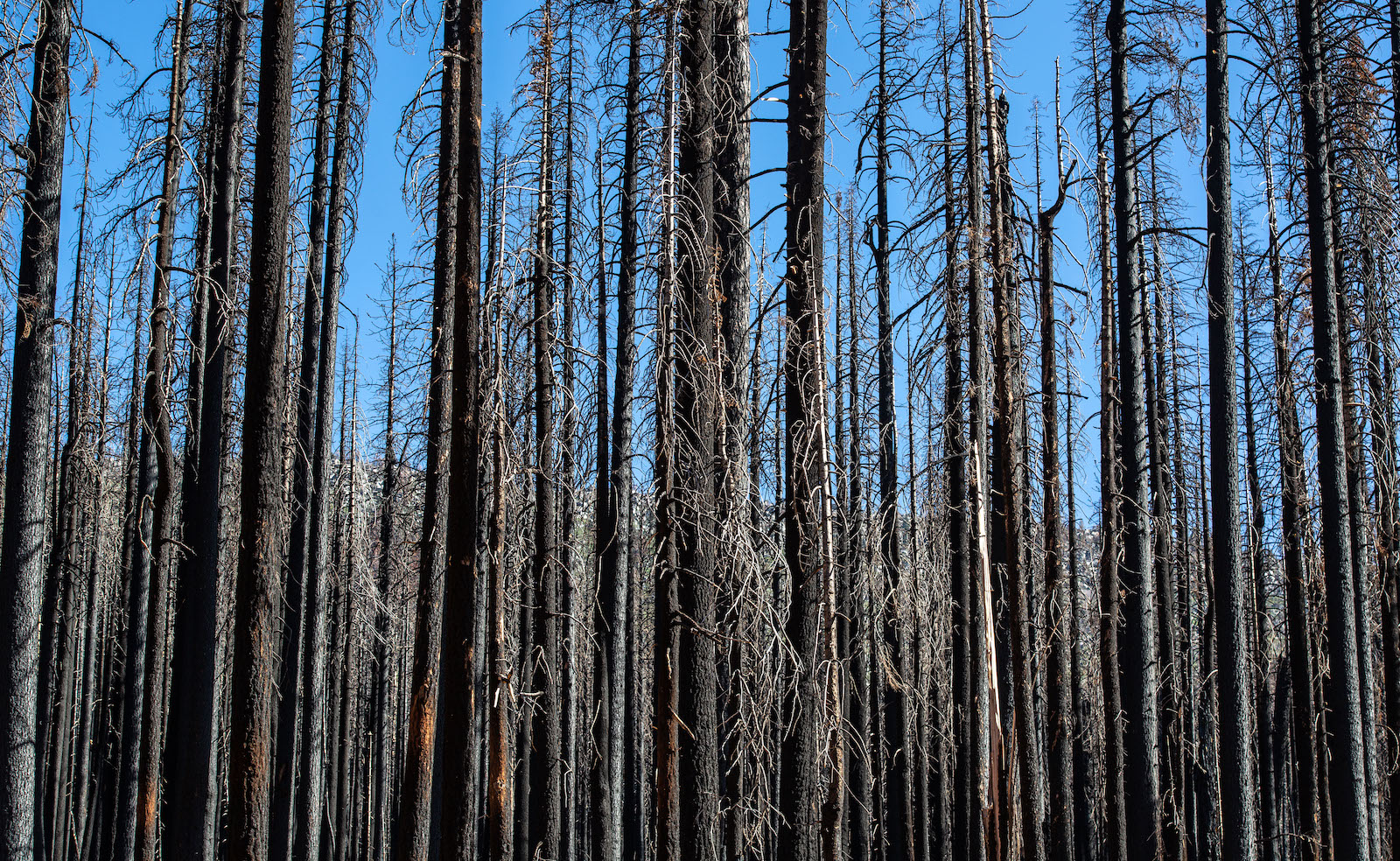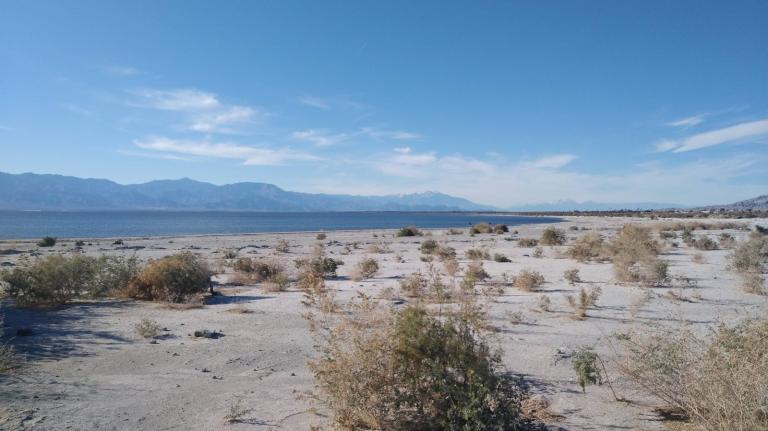This story is part of the Grist series Parched, an in-depth look at how climate change-fueled drought is reshaping communities, economies, and ecosystems.
In 2017, a team of tree conservation researchers from the Morton Arboretum, outside of Chicago, set out to do something that had never been done before: create a comprehensive assessment of threats to the native tree species of the contiguous United States.
Trees are essential to human health and survival. Their shade cools us down on hot days, they clean the air and trap water in the soil, they provide food and shelter to countless other species, and they suck planet-warming carbon out of the atmosphere. But the world’s forests are increasingly threatened by habitat loss, climate change, pests, and pathogens. The Morton Arboretum project was part of an initiative called the Global Tree Assessment, which aims to catalog conservation assessments of all of the world’s tree species — some 60,000 total.
Many U.S. tree species had never been assessed for extinction risk, and many of the assessments that had been conducted were outdated. “Understanding the current state of trees within the U.S. is imperative to protecting those species, their habitats and the countless communities they support,” said Murphy Westwood, the vice president of science and conservation at the Morton Arboretum, in a press release.
After five years, the team has some answers. In a study that was published in the journal Plants, People, Planet on Monday, the researchers report that out of the 881 distinct species identified, between 11 and 16 percent are at risk of extinction. The most common threats to trees they found were pests and disease.
For example, the emerald ash borer, an invasive insect native to Asia that’s been eating through ash trees throughout the Northeast since the 1990s, could wipe out half of all native ash species. The study also describes a more recent threat, a fungal pathogen called laurel wilt that is transmitted by an invasive beetle and has infected laurel trees in the Southeastern U.S.
Drought, heat waves, wildfires, and storms fueled by climate change also endanger our native trees. Extreme weather can kill trees directly or make them more vulnerable to attacks from pests and pathogens. On Monday, Oregon-based forest ecologist Evan Frost, who was not involved with the tree assessment, posted photos on Twitter of his recent observations of mass die-offs of pinyon pine in the southern Sierra Nevada mountains after years of dry conditions. “Although this species is extremely drought resistant,” he wrote, “even they have limits to what is survivable. Both older & young trees have succumbed.”
Surprisingly, there is no scientific definition distinguishing trees from other shrubby plants. “There are many plant species that hover at the edge of ‘treeness,’ either in height, habit, or woodiness,” the study says. For the purposes of this study, the team went with the Global Tree Assessment’s parameters, which say that a tree is a woody plant with a single stem that grows to at least six and a half feet tall, or if it has many stems, at least one of them is vertical and about 2 inches thick “at breast height.”
Using this definition, the researchers found that only eight tree species are currently recognized by the federal government as endangered or threatened. “It is clear that the number of tree species that merit federal protections far exceeds the number currently receiving them,” the study says.
In an interview with the Washington Post, Westwood stressed that “we have a narrow and rapidly closing window” to save threatened tree species. Their survival depends on how quickly we cut carbon emissions, as well as greater forest protection and reforestation projects that produce more resilient forests.
“Our hope is that this study will inform and amplify the scope of tree conservation efforts across the country,” Westwood said in the press release.



